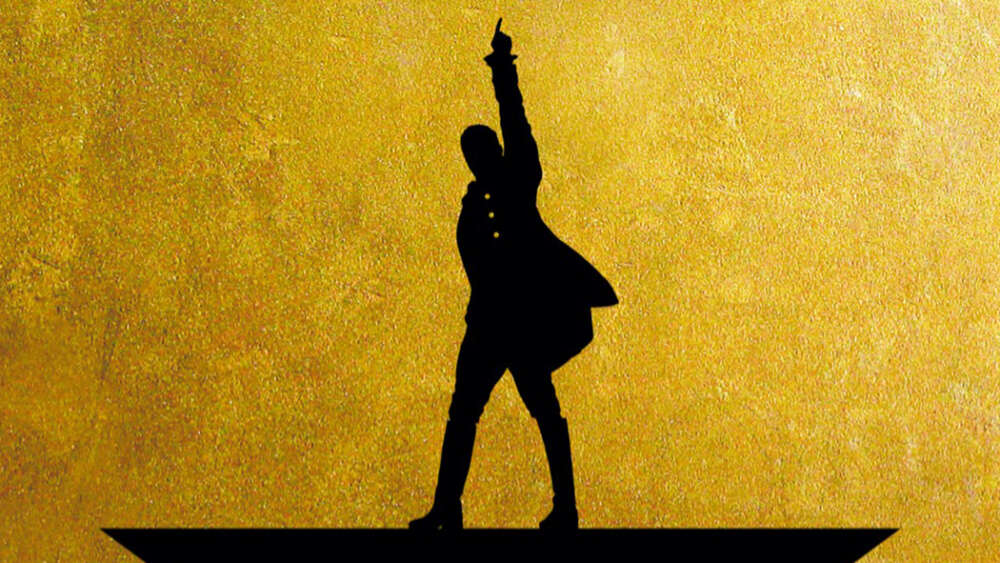Despite its considerable struggles, 2020 was not without its charms. Lockdown may have sequestered us in our homes, but Hamilton debuted on Disney +. A hip-hop musical slash immigrant rags-to-riches tale about one of America’s Founding Fathers would not normally be my jam. But, as it turns out, I am quite the Hamilfan.
Deep into “Yorktown”, Hamilton‘s number about the battle that sealed the victory of the American revolutionaries over the British, comes a haunting refrain: “the world turned upside down”.
It’s apt: a new nation is born after winning its independence from its colonial overlords. But it’s also a line that seems to speak directly to this year, of all years. “The world turned upside down” could also be the tagline for 2020.
International travel brought to a standstill. A global recession. Economies shuttered. On the brighter/stranger side: a black market in toilet paper (of all things). Introverts the winners (finally).
I suspect we’ll be trawling through the year that was for some time. But if Hamilton and 2020 are any indication, the world turning upside down is a dramatic and spectacular event. Life is indelibly changed – and everyone knows it.
An exception to that rule, however, is Christmas.
On first glance, nothing could be more familiar or routine. Shopping centres have been decked with holly since October.
At the heart of Christmas, though, is a story of worlds upending – but virtually no one noticing, because nothing could be more ordinary than the birth of a baby.
Yet this baby is said to be God in human flesh and no less than the saviour of the world. These staggering claims just about overturn everything we know about anything. Many implications follow, but here are just three:
1. We often fixate on what’s impressive and influential, believing that these are the shortcut to the best life possible – as well as what ultimately matters. But if God is born as a baby in a backwater town – not in a palace or cosmopolitan centre – then there’s good reason to think that God will show up in the hidden and humble places of the world. Nowhere – and no one – is insignificant to God.
2. Weakness is universally despised, but Christmas makes weakness a surprising source of strength and power. The story rests on the counterintuitive claim that an almighty and transcendent God chose to take on frail mortal flesh for the sake of all.
Such a vision makes humility and grace divine. Lowering yourself for the sake of another, and pursuing someone’s good whether or not they deserve it, are not the consolation prize for those who can’t get the edge over others. Maybe life’s “losers” are actually playing by God’s rules – and when he “lost”, everyone won.
Christmas signals God’s intentions to recreate the world from the ground up.
3. If history is any guide, plenty of us think that it takes violent upheaval to usher in a new order – that social and political change is a matter of seizing power and resisting, sometimes violently, the status quo.
But if Christian history has taught us anything, it’s that the God who could simply speak change into existence, often chooses instead to pursue slow and sometimes silent transformation across the centuries.
It turns out that this kind of patient tending and mending is what’s needed if you want to change the human heart – for good, in more than one sense of the word. Christmas, then, signals God’s intentions to recreate the world from the ground up.
Of course, these subversive ideas aren’t likely to make the headlines of your average news feed. Yet Christmas, it turns out, is where the real revolution begins.
Justine Toh is Senior Fellow at the Centre for Public Christianity.


